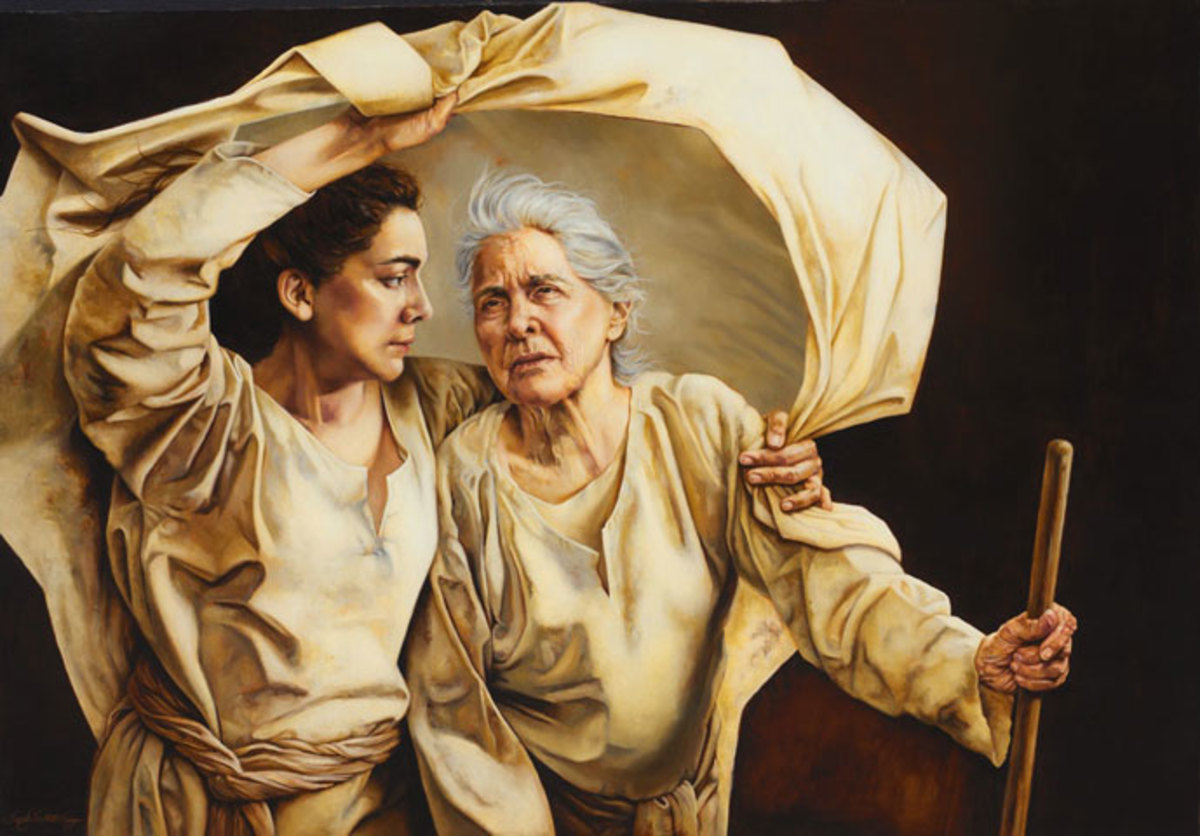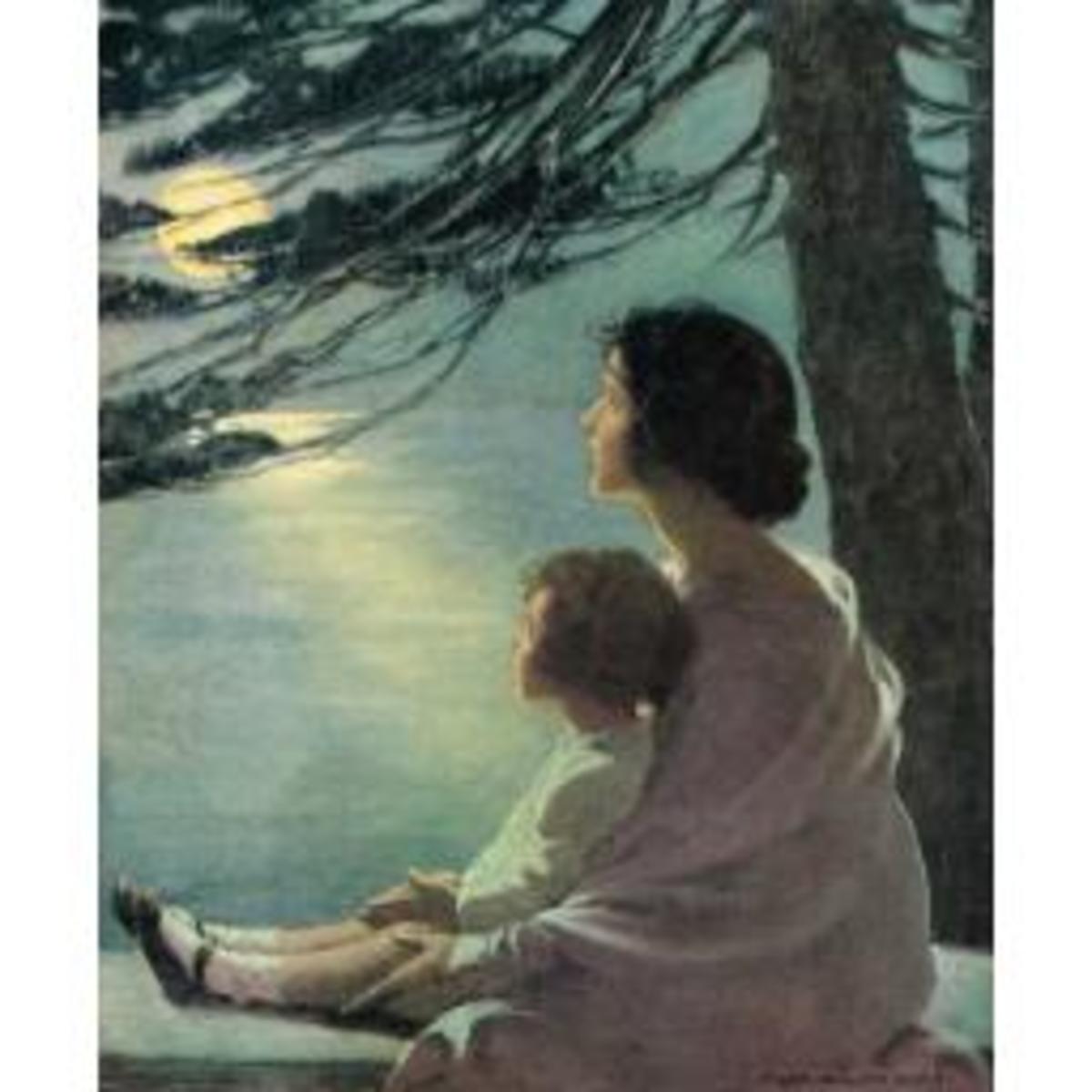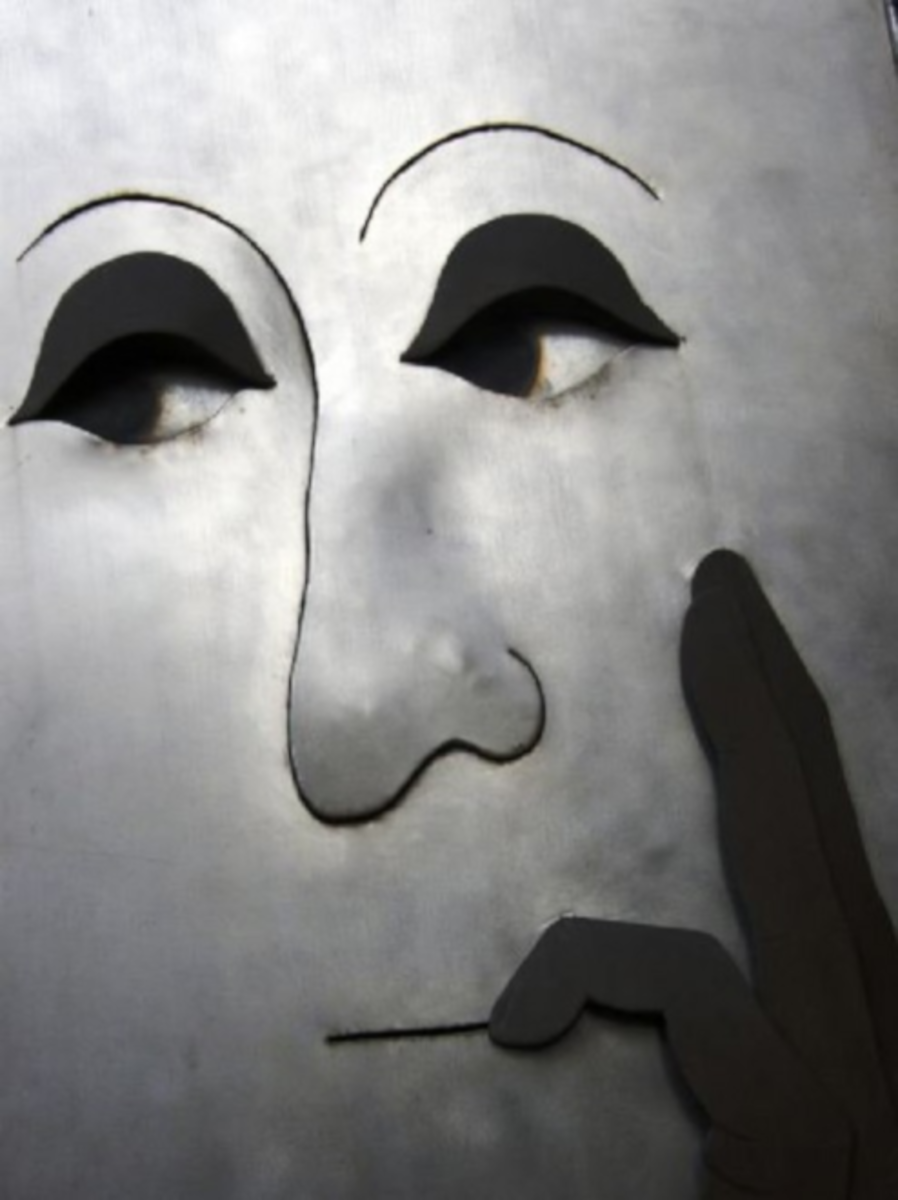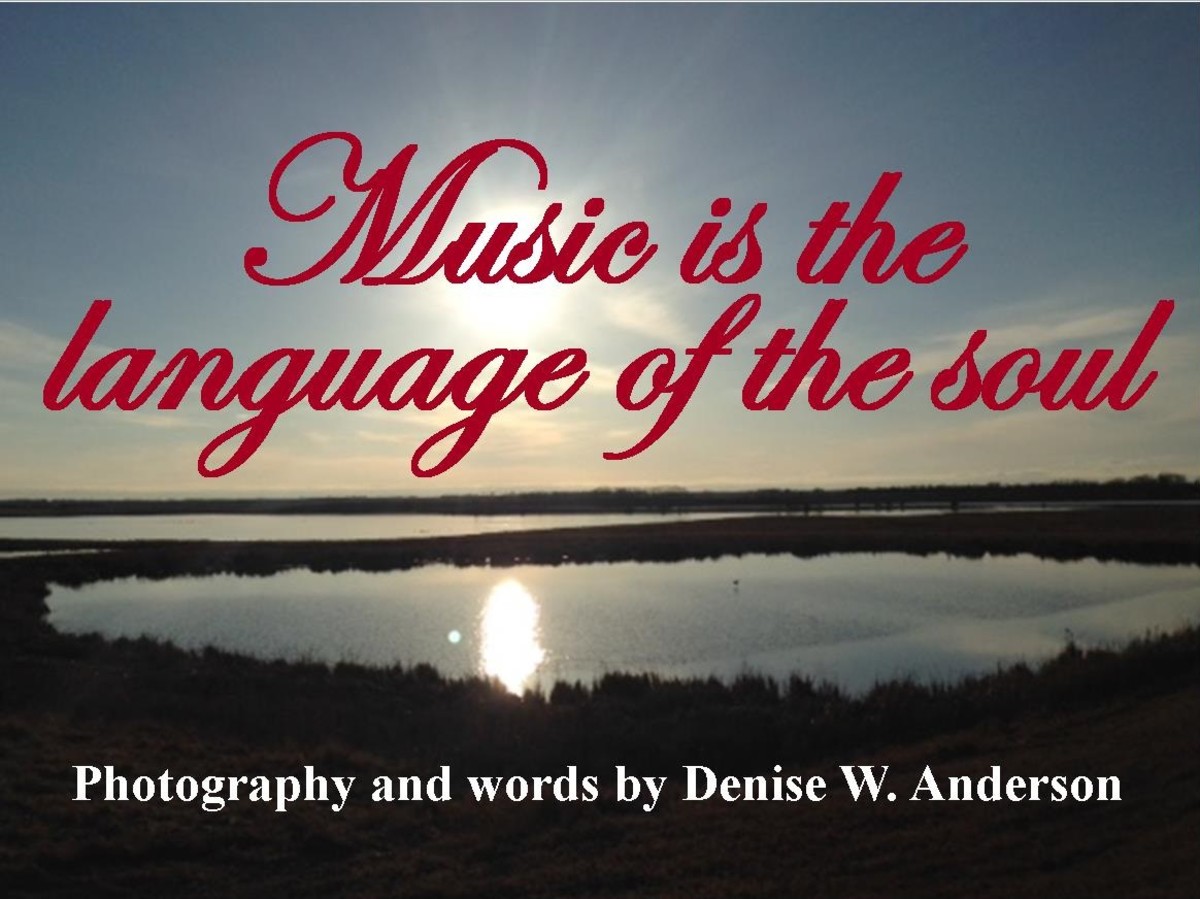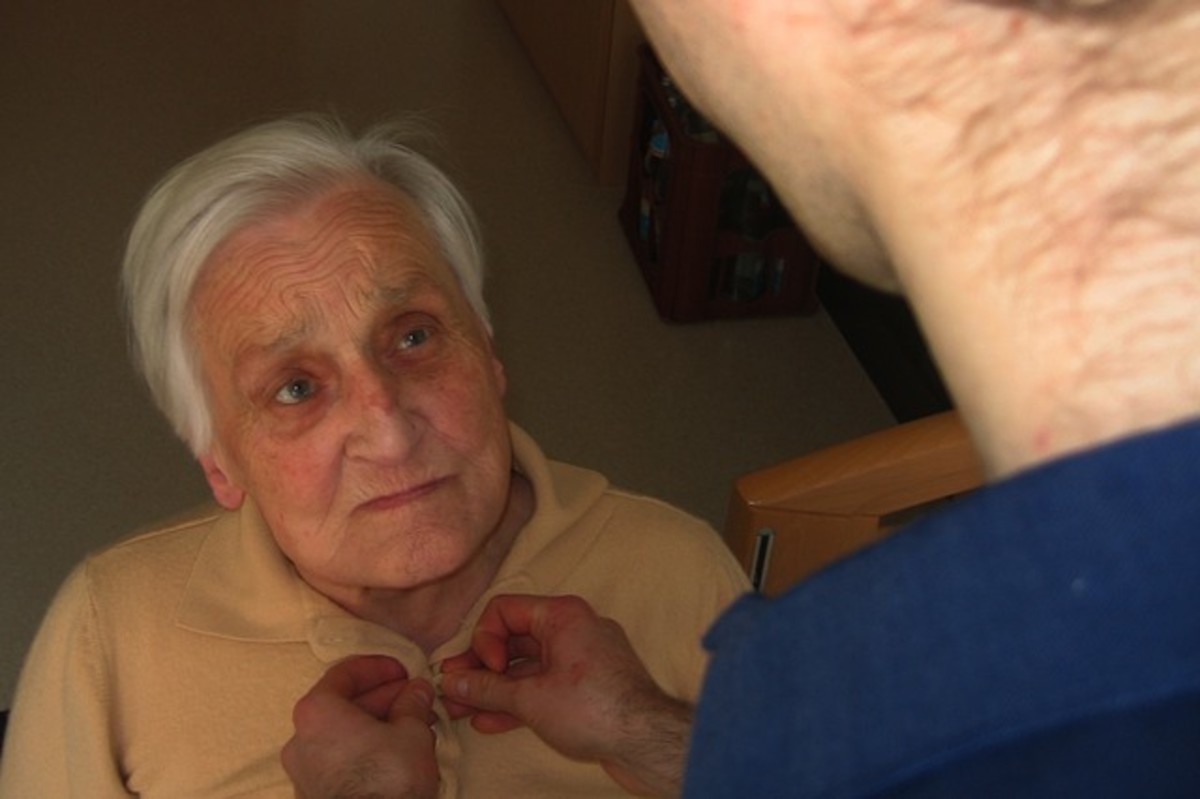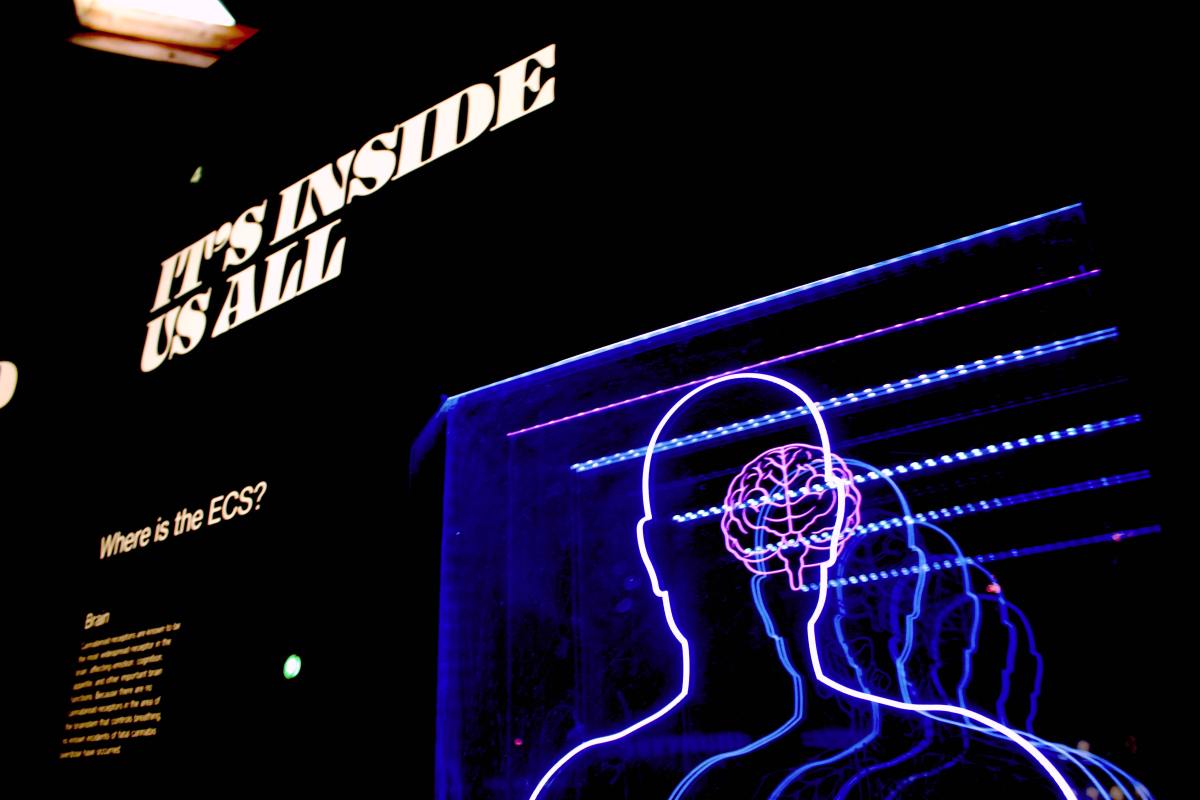Using Music In Memory Care
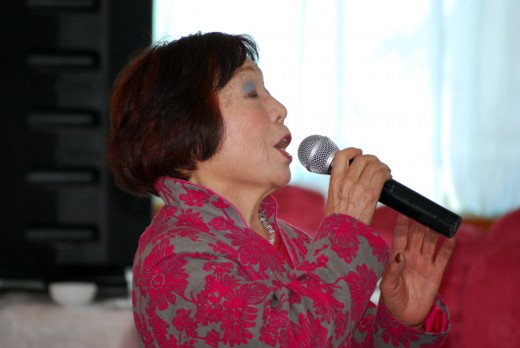
Victims of Alzheimers and other types of dementia and their families are often in constant search of some kind of reprieve from the confusion, the worry, and the redundancy. Music can often provide that reprieve. While it is not proven that music reverses memory loss, it definitely enhances quality of life. There have been numerous examples of music, specifically popular songs from the patient's prime years, bringing life and memory into their day. People will remember songs from their youth even when they lose memory of almost everything else. The most effective songs are those that are autobiographically relevant, meaning that the song or tune is linked to emotions or events in the individual’s life. A song that played at someone’s wedding, for example, would ignite vivid memories and feelings of that occasion. We all have rich memories stored in our brains that can be triggered by music. Have you ever experienced moments when you hear a song on the radio or in a store that brings back a flood of vivid memories of people, feelings, or events? Or have you ever found that you remember all the lyrics to a song you haven’t heard in years? Music is stored in several areas of the brain. It can bridge functions and remain with us even when other abilities are lost.
I spent a year going to several memory care centers to play and sing for the residents. While often they just sat and quietly listened, there were some wonderful occasions when they sang along or even danced to the music. On one occasion, with the help of an excellent caregiver, I had several residents up doing the Cha Cha. The Music and Memory program was instituted to bring music into the lives of Alzheimer’s and dementia patients by loading MP3 players with music from the person’s youth and encouraging them to listen often. The following video is a clip from the movie Alive Inside, which was made by Music & Memory. This organization is a non profit that works to bring digital music into the lives of dementia patients. Watch the transformation in this man's face as he listens to and recognizes music.
Because music has such a positive affect in the lives of those in memory care, we should strive to connect them to music as much as possible. There are several ways to integrate music into the life of someone struggling with memory loss.
- Group music classes: Classes for individuals with dementia are becoming more commonplace. Along with the benefits of singing and making music together, these classes also create wonderful social opportunities and allow those suffering from dementia a sense of camaraderie as they sing with others.
- Individual Music Sessions: Personalized music sessions can cater to the patient's needs as well as their favorite songs and genres. There are companies that specifically offer these kinds of services, or you can utilize music therapists or even local voice teachers. Family and friends can also sing with dementia patients if they are able. They should go through a broad range of music to see which songs are most effective.
- CD/MP3 Players: The Music and Memory Program showcases the obvious benefits of personalized playlists in MP3 players. This is a very convenient way to get music in the lives of memory loss patients, but it lacks the sociality and personality of real live people.
- Early Music Association: As music and song outlast most other memories, I feel it would be beneficial for individuals in the early stages of dementia (or before diagnosis, if dementia is expected) to associate their favorite songs with people and events in their lives. Perhaps they could even change the lyrics of a popular song or create their own song to remember important aspects of their lives. It may not make a difference, but at the very least it would create an opportunity for dementia patients to share something with family.
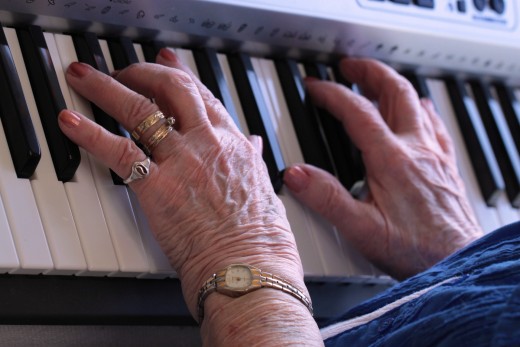
If all you can do is to get the individual to listen to recorded and live music, it will likely make a difference, but the ideal would be to encourage them to sing or even move along with those songs. Often music becomes the only way we can communicate with someone in the advanced stages of dementia, and it is an empowering tool for both the caregiver and the patient.In any case and in any situation, music may not bring back lost memories, but it will bring a smile and a bright moment to people who spend so much time struggling.
© 2019 Lauren Flauding

